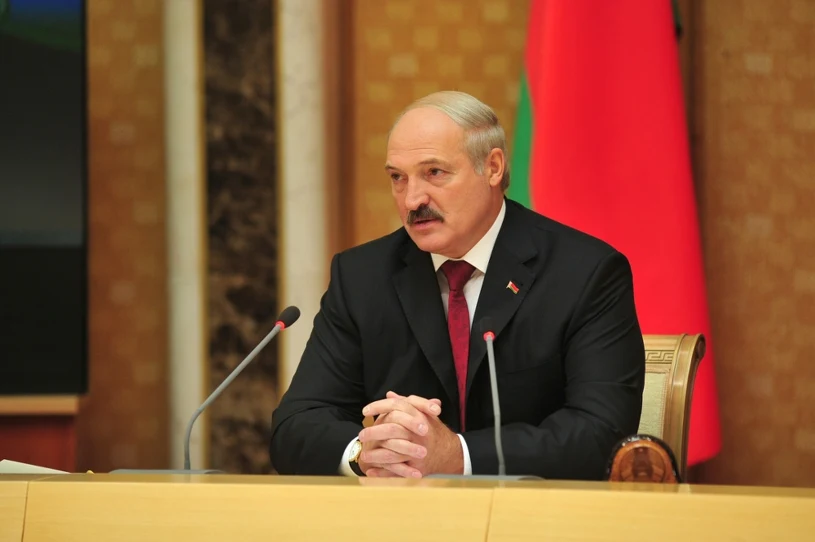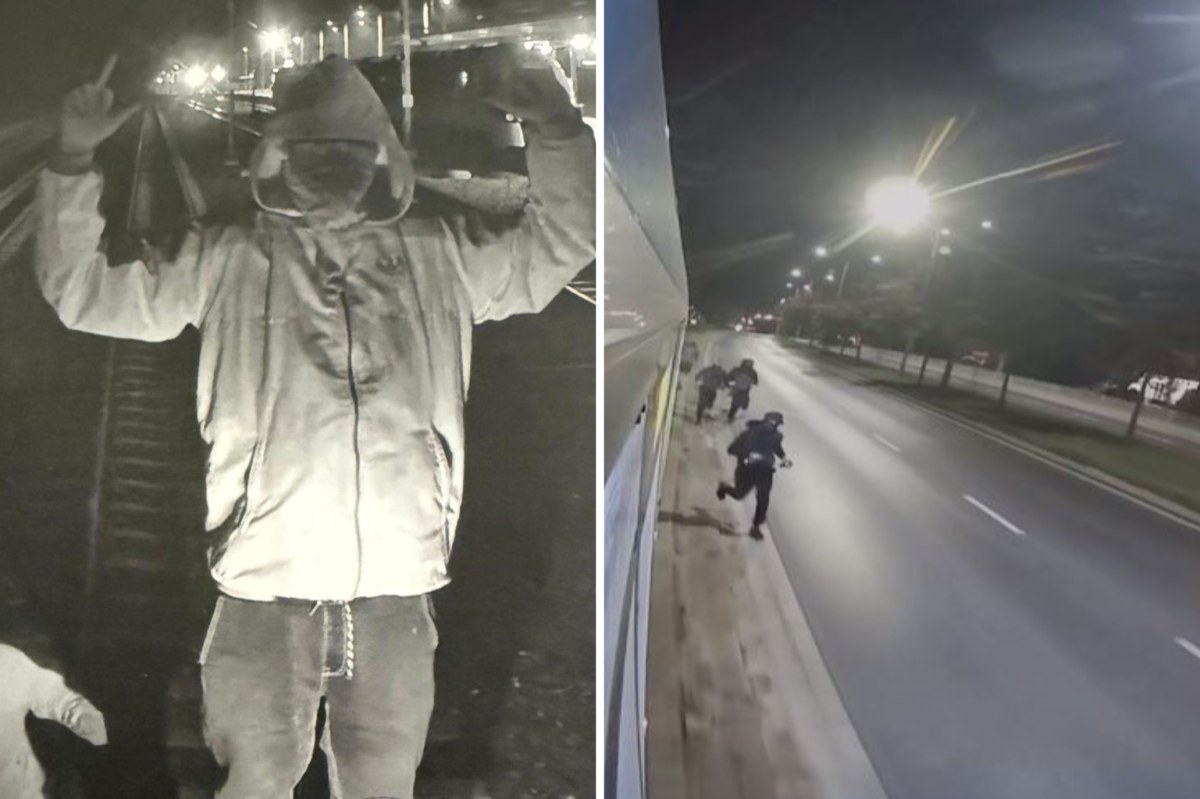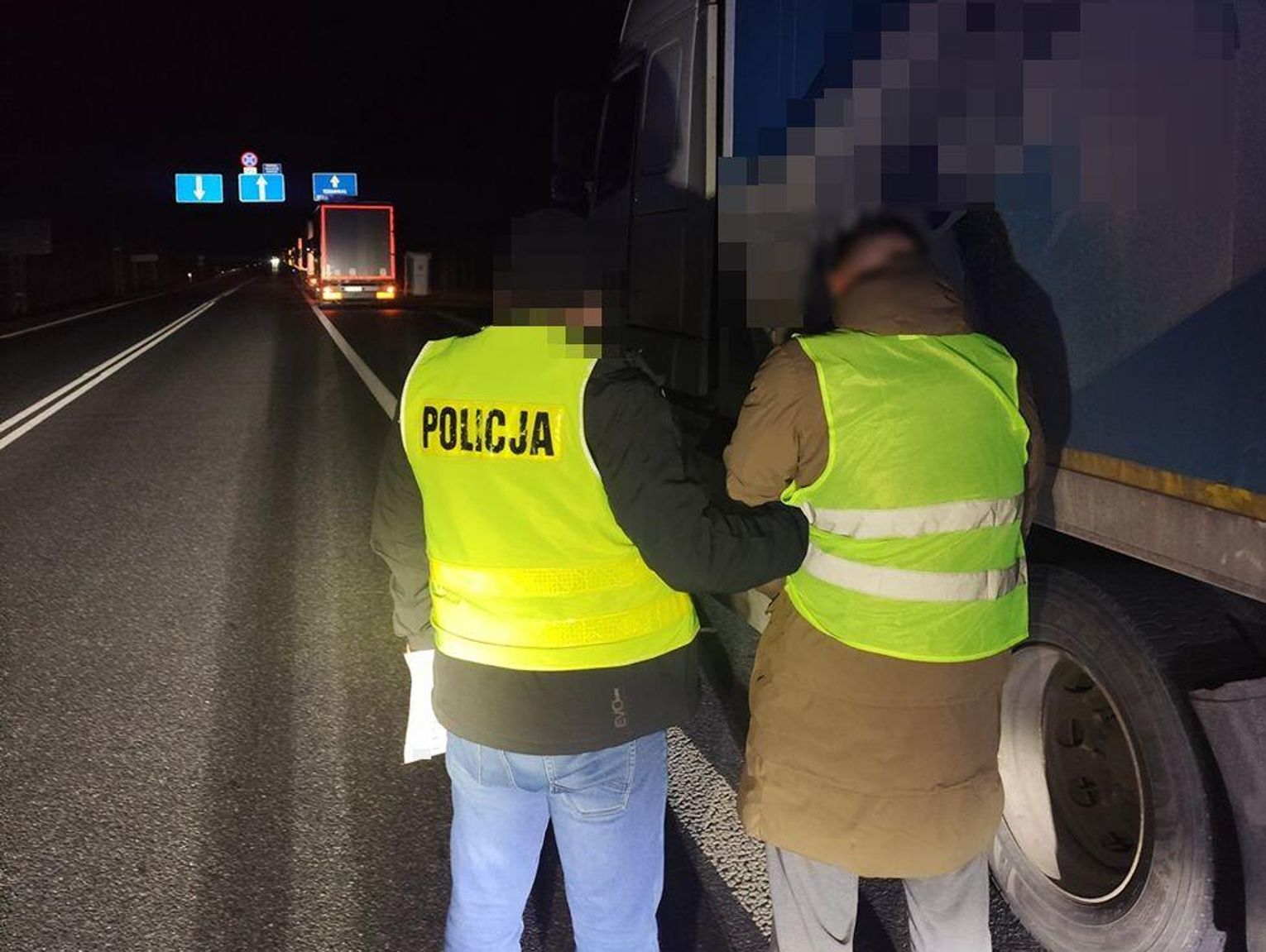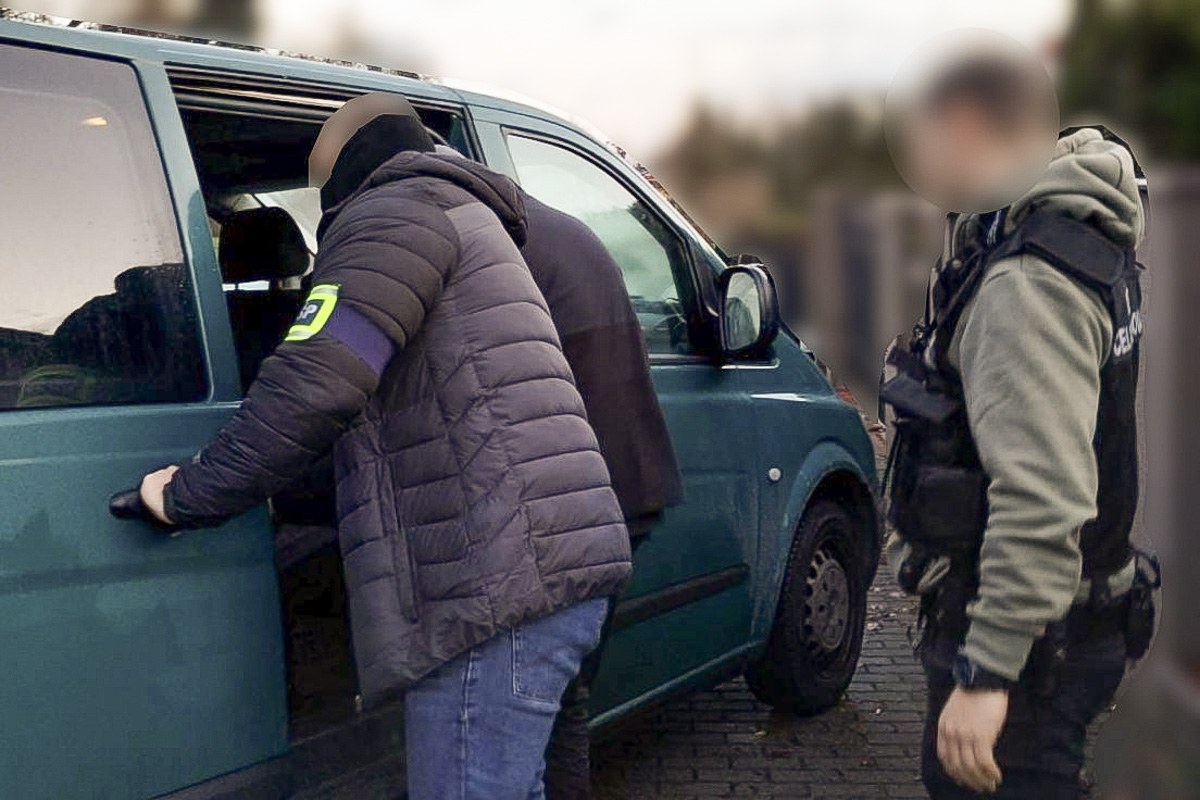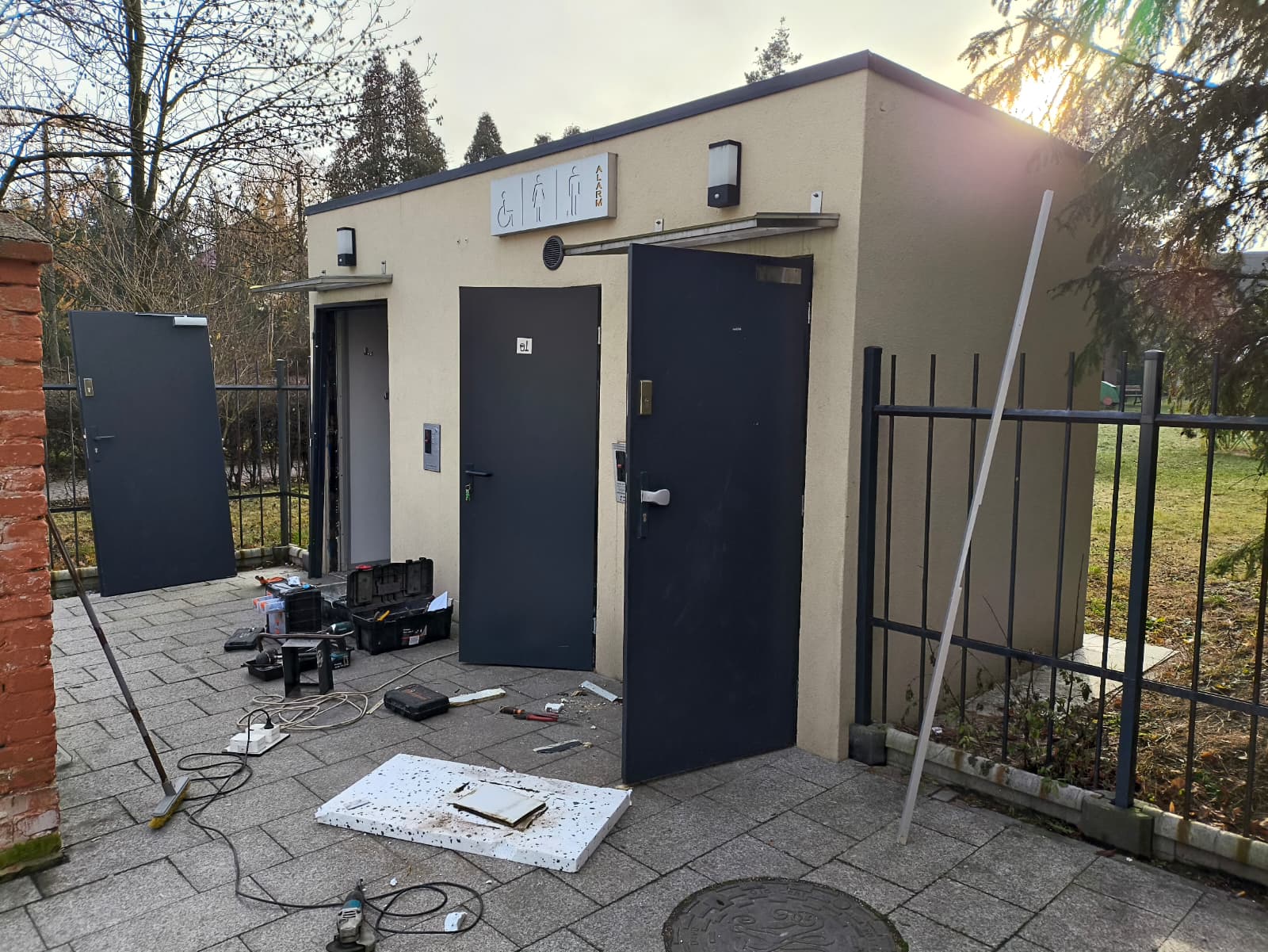Sir Keir Starmer is expected to announce plans for a mandatory digital ID scheme as early as Friday. The 'BritCard' system would apply to all adults in the UK as the government struggles to convince voters it is tackling illegal migration effectively.
The digital ID would enable employers and landlords to check a person's immigration status using a smartphone app. It would also make it easier for citizens and those with the right to live and work in the UK to prove their entitlement.
Migration tackle strategy
One key "pull factor" for small boat migration is believed to be traffickers' promises that finding work on the black market is easy. France's President Emmanuel Macron has repeatedly warned that the UK's lack of ID cards acts as a major incentive to migrants.
Labour grandee Harriet Harman told Sky News in July that ID cards would "make it more difficult for people to work illegally" in the black economy. Channel crossings have reached 32,000 this year, with only six people returned under the Macron deal, according to government figures.
Public support surprises opponents
New Opinium polling of 2,050 adults reveals almost half (49 per cent) of the public support introducing mandatory digital identity cards. Only a quarter (25 per cent) oppose the policy, suggesting Conservative and Reform UK opposition may be on the wrong side of public opinion.
Some 70 per cent agree the digital ID would help government identify illegal immigrants, including 65 per cent of Reform voters. However, opinion is split on whether it would actually lower migration numbers.
Estonia model as blueprint
Work and Pensions Secretary Pat McFadden has cited Estonia's digital ID system as the model to follow. Estonian citizens use their identification number for official documentation, healthcare, banking, taxes, and even voting and contract signing.
Labour Together, the think tank formerly run by the Prime Minister's chief of staff Morgan McSweeney, advocated for the "BritCard" policy in a June report. The organisation argued the UK "currently can't effectively stop people from living and working in our country illegally".
Civil liberties opposition grows
The scheme faces significant opposition from civil liberties groups. Big Brother Watch has gathered more than 101,000 signatures on a petition calling on Starmer to reject the BritCard proposals.
They argue it would be "uniquely harmful to privacy, equality and civil liberties" and would "require the population to surrender vast amounts of personal data". The group warns unauthorised migrants would be "pushed further into the shadows, into more precarious work and unsafe housing".
The policy echoes Tony Blair's failed ID card scheme from the early 2000s, which was abandoned after the 2010 election due to civil liberties concerns. Ministers argue the technological revolution and appetite for digital government services have changed the debate significantly.
Sources used: "The i", "Independent", "Express", "Daily Mail"
Note: This article has been edited with the help of Artificial Intelligence.

 2 miesięcy temu
2 miesięcy temu
